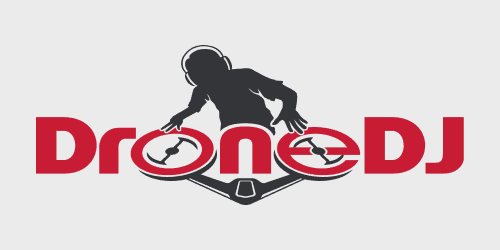
Future urban air mobility aircraft won’t simply be used for (relatively) affordable, carbon-free public transport like air taxis and other forms of aerial ride-sharing. Now next-generation craft developer Lilium is also looking to market its electric takeoff and landing (eVTOL) jet to the well-heeled elite as inner and inter-city supplements to their globe-spanning private planes.
Germany-based Lilium announced it has signed a memorandum of understanding with NetJets Inc., the world’s largest private jet company, to buy up to 150 eVTOL craft for use by affluent clients. Under the agreement, Lilium planes would be configured to fly four to six passengers that NetJets will sell under shared-ownership arrangements to clients in the US and Europe. For customers who can’t bear the idea of third-party buns sullying their aircraft seats – and have the dough to finance their own for exclusive use – sales to individual owners will also be possible.
Under the agreement, NetJets will act as the flight operations partner for a network Lilium is building in Florida, and which it would hope to use as a US hub.
Armed with Lilium’s quiet, emissions-free craft, NetJets is expected to offer the eVTOL planes as regional or urban compliments to customers’ longer-haul private jets. Obvious use cases would be flying posh passengers from airports where their jets touch down into city centers, as well as within towns as a kind of aerial limo.
Given the specs of craft – which Lilium says is the first eVTOL jet in the world – its top speed of 190 mph and 190-mile range would also make it an ecological alternative to affluent users willing to leave their fuel-burning aircraft in the hangar for flights between cities.
“This partnership is a major step in our mission to build radically better ways of moving and to electrify regional air travel,” said Lilium CEO Daniel Wiegand. “We believe that the private and business professional segments will be highly attractive markets in the future and, likewise, early adopters of the eVTOL revolution.”
The Lilium deal is not the first accord between makers of next-generation eVTOL aircraft and private jet companies. Last year NetJets rival Directional Aviation signed on for 200 planes from Embraer’s urban air mobility affiliate, Eve. The new link-up is doubtless not the last, either, especially as craft swiftly evolve from test prototypes to certified vehicles zooming into service, offering the rich another way to spend money on themselves.
Under the Lilium-NetJets agreement, professional aviation training company FlightSafety International will be provide courseware, immersive and mixed reality training devices, and crew training to support operation of NetJet’s Lilium’s eVTOL craft. Lilium says FlightSafety’s proprietary training software will provide flexible learning solutions needed to support the advanced air mobility market.
FTC: We use income earning auto affiliate links. More.

Comments